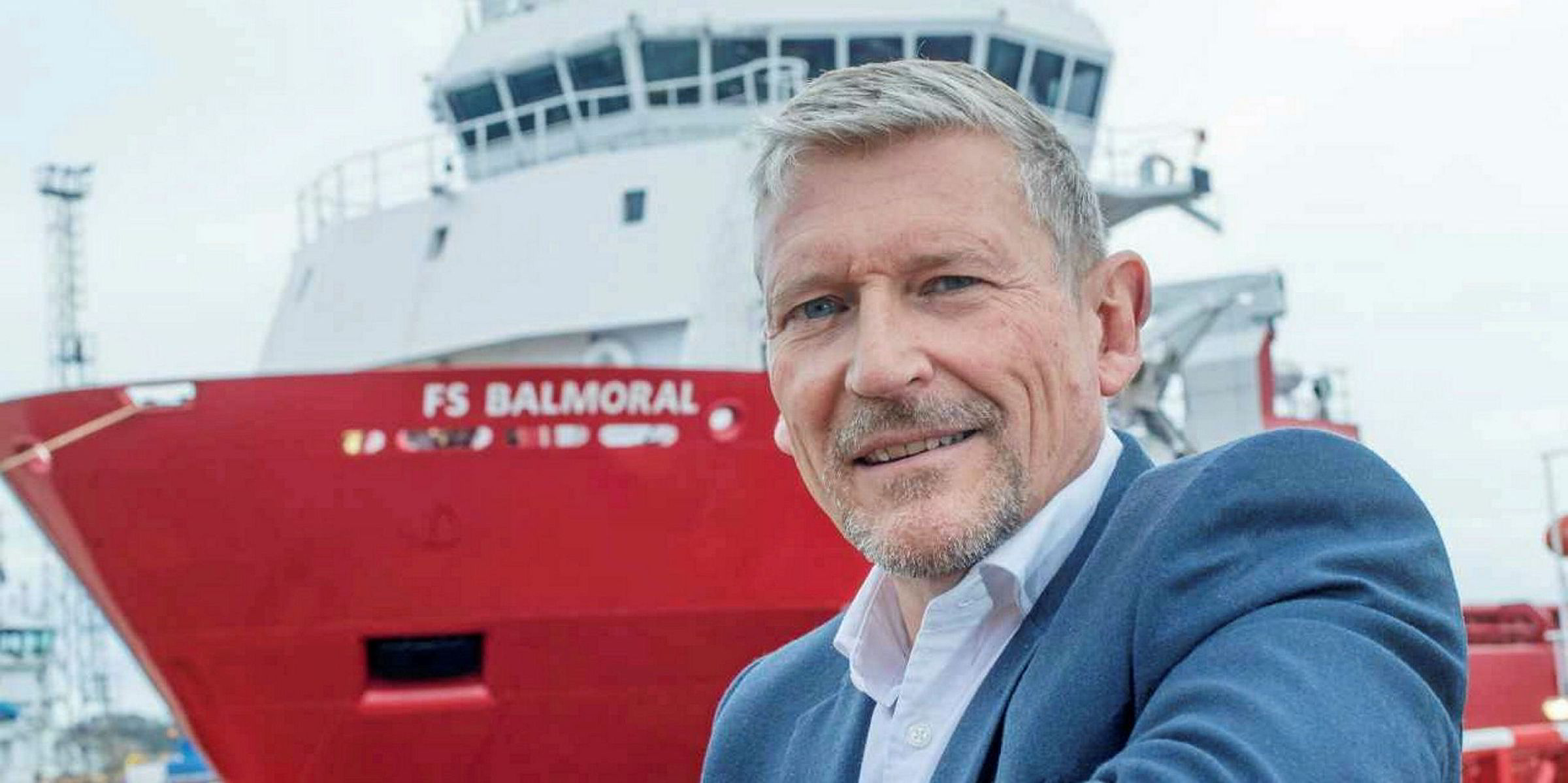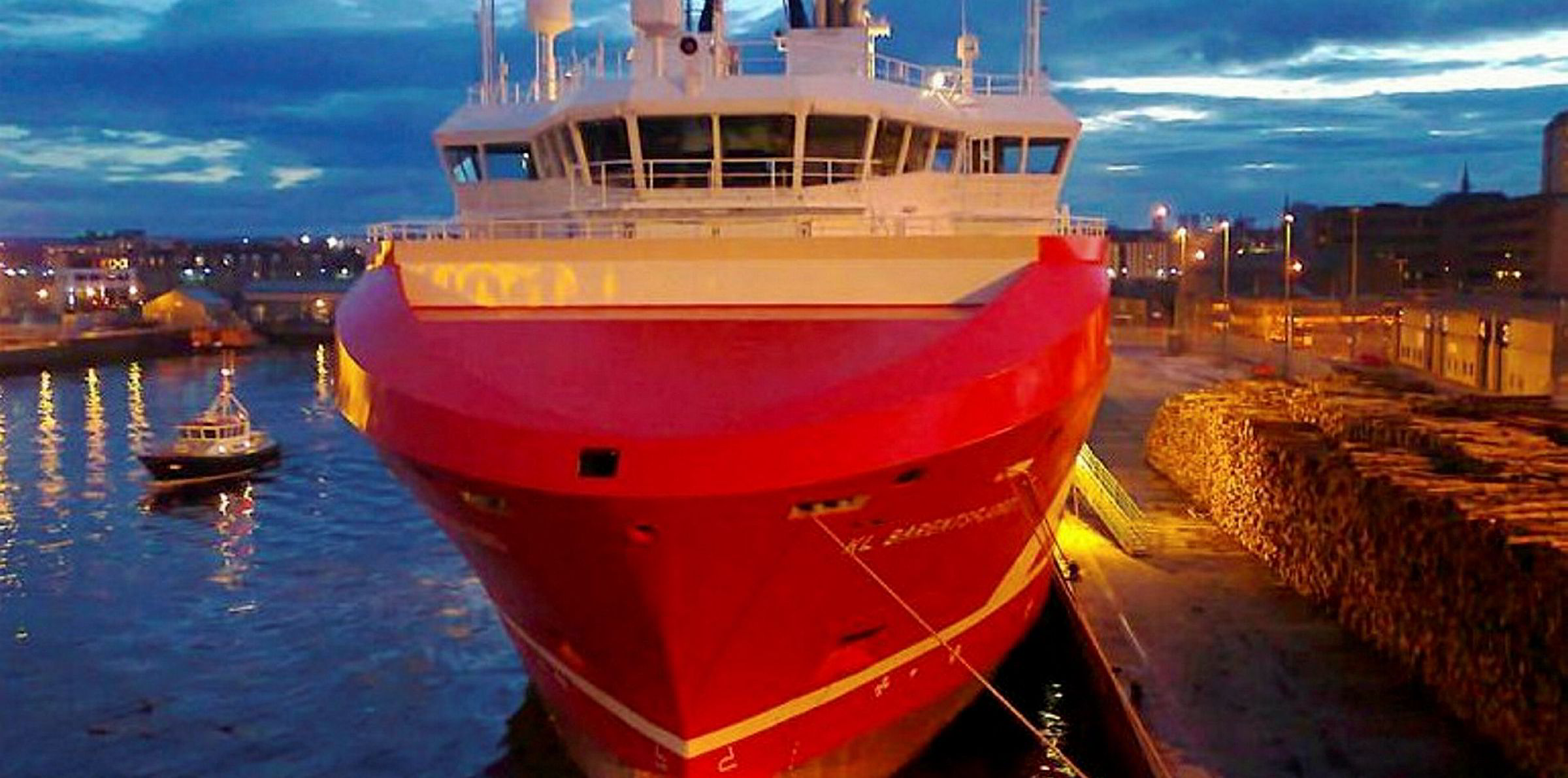Norway's SD Standard Drilling is "pleased" with its new VLCC acquisition, but this could not protect the company from the downturn in the offshore vessel market.
The company, backed by tycoon Oystein Stray Spetalen, paid $36.5m in the first quarter to own a third share in a former Hartree-owned DSME-built tanker with George Economou and Idan Ofer.
The the 300,000-dwt Gustavia S (built 2020) is on a fixed-voyage contract until mid-June 2020 at an estimated time-charter equivalent rate of $35,000 per day.
"We are pleased with the performance of Gustavia S since delivery in January," SDSD chairman Martin Nes said.
"Having teamed up with an experienced manager and strong co-owners, we believe that Gustavia S will continue to find work which reflects the positive market outlook in this segment."
Loss logged in first quarter
But the company also owns or part-owns 13 platform supply vessels (PSVs), for which North Sea demand has been decimated by the coronavirus pandemic and the oil price fall.
SD logged a net loss of $10.5m in the first quarter, against a profit of $3.08m in 2019.
As an investment company, not an operator, it does not report revenue. The loss arose from a revaluation of the ships, which saw them marked down by $9.5m.
Utilisation of its large PSVs was down to 61% from 89% last year.
Nes said the result was "disappointing" but reflected a challenging market.
"With no debt and a good cash position we are well prepared for the continuing challenging period ahead of us and we will continue to focus on cash preservation," he added.
Its cash balance was cut to $18.8m from $58.2m at the end of 2019.
The company said the delaying or cancelling of drilling projects had led to the return of several term-chartered PSVs to the spot market.
"The North Sea market in which we operate has rapidly come to a standstill, reversing the potential deficit of vessels required this summer to an oversupply," SD added.
"During the period April to date it is reported 46 vessels are now in lay-up and we believe others will follow. Owners of these vessels are already experiencing considerable financial strain and we therefore do not expect the majority of these vessels to return to the market in the short term."
But the company is forecasting an uptick in activity in the third quarter and "this will ultimately give those owners who can weather this pandemic an opportunity to take advantage."





